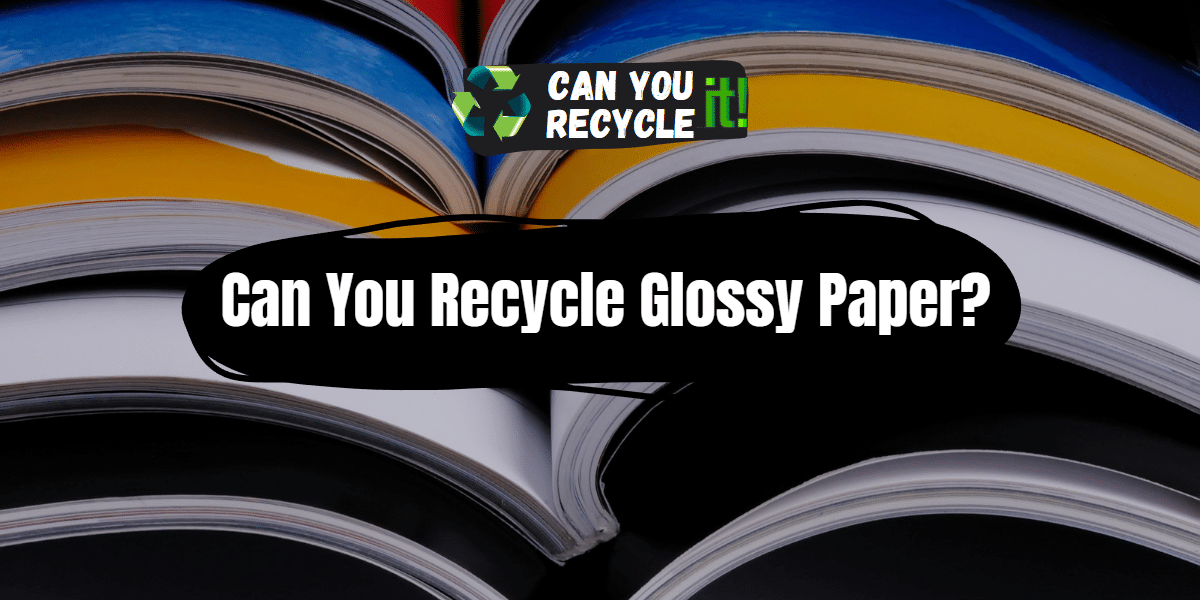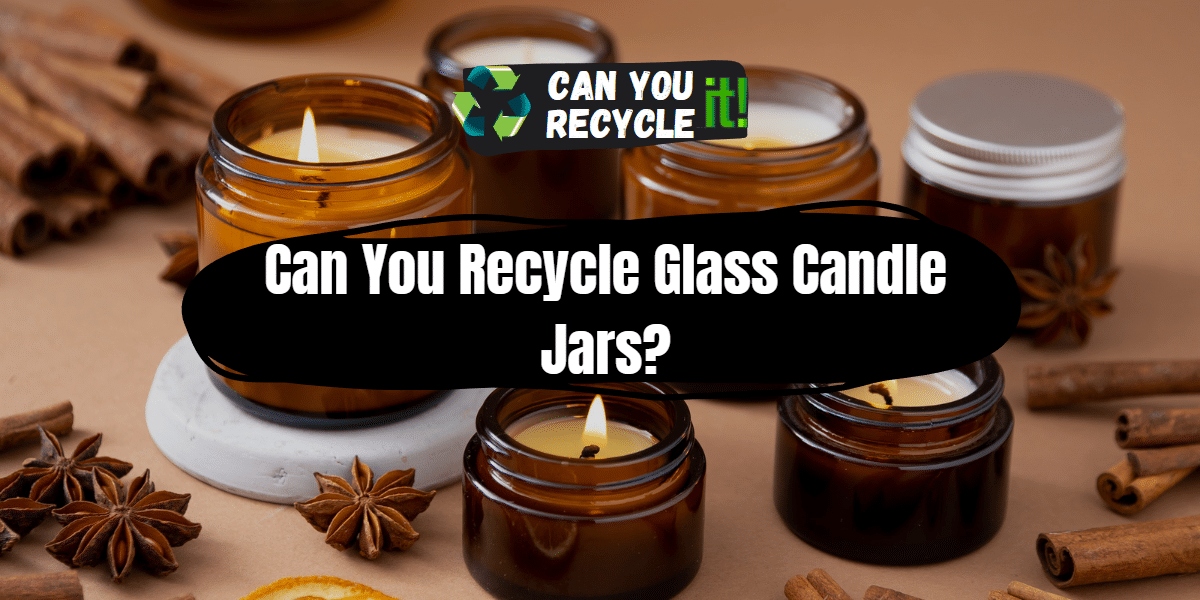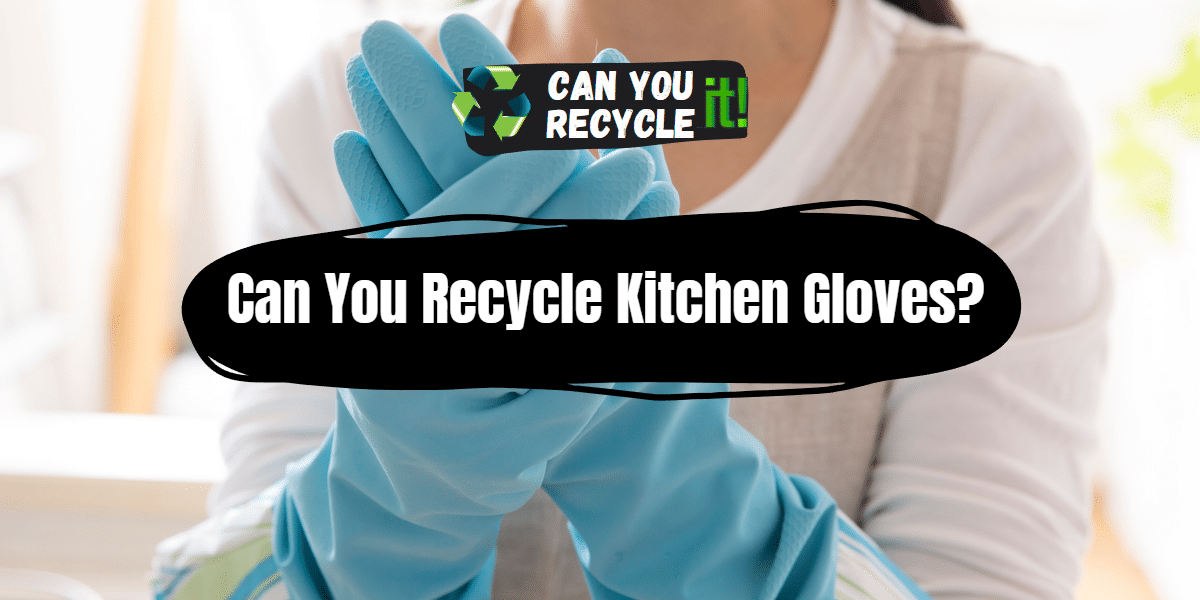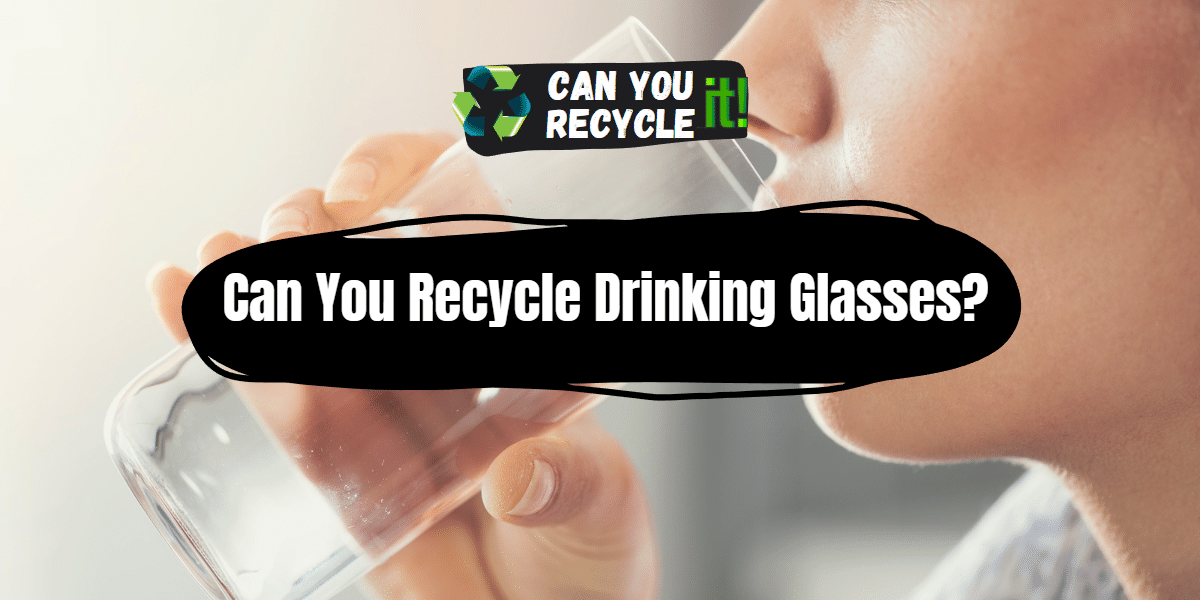No, glossy paper cannot be recycled in most traditional recycling programs.
The glossy coating on the paper, usually achieved through the use of a clay-based coating or a layer of plastic, makes it difficult to separate the paper fibers during the recycling process. As a result, glossy paper is often not accepted in regular paper recycling streams.
Glossy paper, with its shiny and smooth surface, is commonly used in magazines, brochures, and promotional materials. However, regarding its recyclability, there are a few factors to consider. In this article, we will explore whether a glossy paper can be recycled, provide dos and don’ts for recycling, explain how to prepare glossy paper for recycling, offer a step-by-step guide to recycling glossy paper, suggest alternative options for non-recyclable glossy paper, examine the environmental impact of recycling, address frequently asked questions, and provide final thoughts on the topic.
Table of Contents
Do’s and Don’ts
When it comes to recycling glossy paper, it’s essential to keep the following dos and don’ts in mind:
Dos
- Check with your local recycling program: Some recycling programs have specialized processes or facilities that can handle glossy paper. Check with your local recycling program to determine if they accept glossy paper and if there are any specific guidelines to follow.
- Separate glossy paper from the regular paper: If your recycling program accepts glossy paper, keep it separate from other types of paper to avoid contamination.
Don’ts
- Include glossy paper in regular paper recycling: Glossy paper should not be placed in regular paper recycling bins. The glossy coating can contaminate other recyclable materials and interfere with the recycling process.
- Assume all glossy paper is recyclable: Not all glossy paper is created equal. Some glossy papers may have additional coatings or laminations, making recycling even more challenging. Always check with your local recycling program or facility to confirm their guidelines.
How to Prepare Glossy Paper for Recycling
While glossy paper may not be recyclable in most traditional recycling programs, you can still take a few steps to prepare it for alternative disposal methods:
- Step 1: Check local recycling options: Research local recycling facilities or programs that specialize in handling glossy paper. They may have specific instructions on preparing and delivering glossy paper for recycling.
- Step 2: Remove non-paper elements: If your glossy paper has any non-paper attachments, such as plastic covers, remove them and dispose of them separately according to the appropriate recycling guidelines.
- Step 3: Contact specialty recyclers: Some specialty recyclers focus on processing glossy paper or paper products with unique coatings. Reach out to these recyclers to inquire about their processes and if they accept glossy paper.
- Step 4: Explore alternative options: If the glossy paper cannot be recycled, consider alternative uses for it, such as art projects or creative crafts. Reusing glossy paper in creative ways can extend its lifespan and reduce waste.
5-Step Guide to Recycle Glossy Paper
Although glossy paper recycling options may be limited, you can follow these steps to make the most environmentally responsible choices:
Step 1
Reduce glossy paper consumption: Minimize the use of glossy paper by opting for digital formats whenever possible. Embrace digital magazines, online brochures, and electronic documents to reduce glossy paper waste.
Step 2
Seek out recycling programs or facilities: Research local recycling programs or facilities that expressly accept the glossy paper. Some areas may have specialized services available for this type of paper.
Step 3
Separate glossy paper from other recyclables: If your local recycling program accepts it, keep it separate from other paper products to prevent contamination.
Step 4
Follow recycling guidelines: If you find a recycling program or facility that accepts glossy paper, ensure you follow their specific guidelines for preparation, collection, and delivery. Adhering to their requirements helps maximize the chances of successful recycling.
Step 5
Consider alternative disposal methods: If recycling glossy paper is not feasible, explore alternative options such as repurposing it for art or crafts or donating it to schools or community centers that can make use of it.
What to Do with Glossy Paper That Cannot Be Recycled
For glossy paper that cannot be recycled, consider the following alternative options:
- Reuse: Repurpose glossy paper for creative projects or use it for arts and crafts. Cut it into smaller pieces for collages or use it as a protective cover for work surfaces during painting or crafting activities.
- Donation: If the glossy paper is in good condition, consider donating it to schools, art programs, or community centers that may be useful for various projects.
- Proper disposal: If reuse or donation is not feasible, dispose of glossy paper in the regular waste bin. While this is not the most environmentally friendly option, it ensures proper disposal.
Environmental Impact of Recycling Glossy Paper
While glossy paper may pose challenges for recycling, it’s essential to understand its environmental impact. The glossy coating, often made of plastic or clay, makes recycling difficult and can contaminate recycling streams. Additionally, the production of glossy paper involves the use of energy, water, and resources. By reducing consumption, exploring alternative disposal methods, and opting for digital formats when possible, we can mitigate the environmental impact of glossy paper.
FAQs for Can You Recycle Glossy Paper
Can I recycle glossy paper with regular paper?
In most cases, glossy paper should not be mixed with regular paper for recycling. The glossy coating can contaminate the recycling process and affect the quality of the recycled paper. It’s best to follow the guidelines provided by your local recycling program or facility.
Are there any specialty recycling programs for glossy paper?
Some areas may have specialty recycling programs or facilities that accept glossy paper. These programs are equipped to handle the unique challenges posed by glossy paper coatings. Check with your local recycling centers or waste management facilities for specialized recycling options.
Conclusion and final thoughts 💭
While glossy paper may present recycling challenges, we can still take steps to minimize its impact on the environment. We can make more sustainable choices by exploring alternative disposal methods, reducing consumption, and seeking out specialized recycling options. Remember to stay informed about local recycling guidelines and options to ensure proper handling of glossy paper and contribute to a greener future.





Leave a Reply